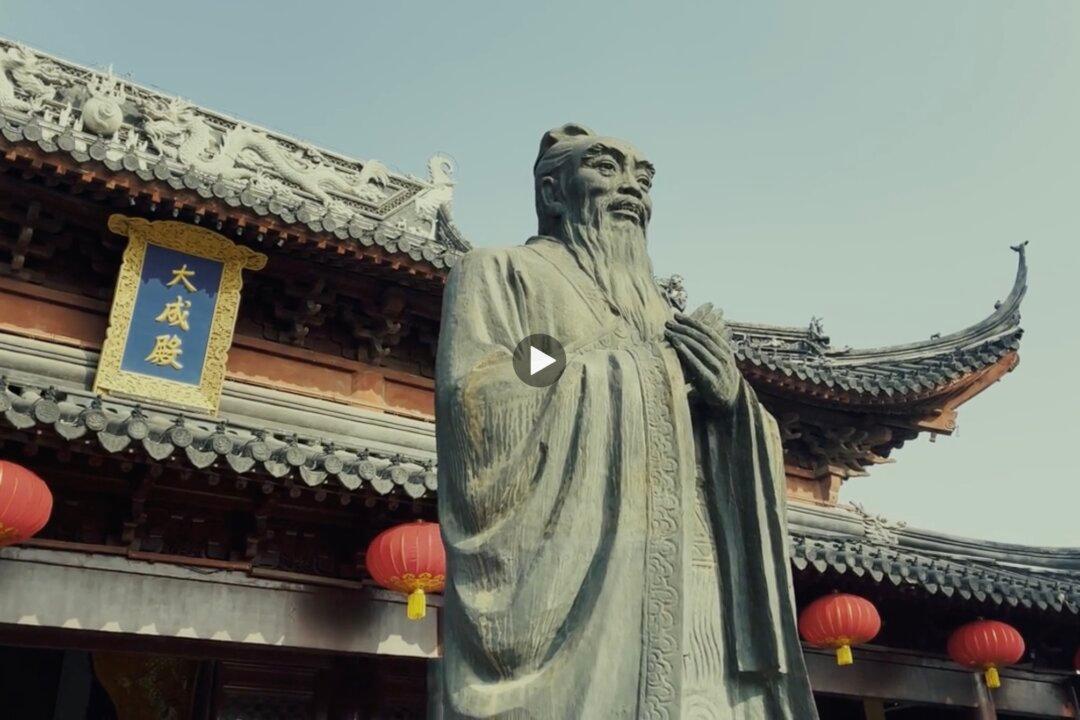In a recently released document, China’s communist regime touted supposed economic gains for Taiwanese people who would move across the Taiwan Strait to China—in an attempt to attract Taiwanese residents to live and do business in China’s southeastern coastal province of Fujian.
It has been a practice of the communist regime to attempt to subjugate Taiwan by simultaneously emphasizing both its military presence in the area and purported economic benefits a closer relationship would bring to the island.





